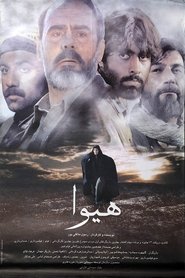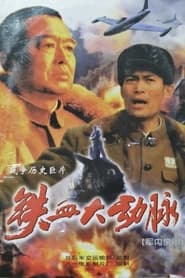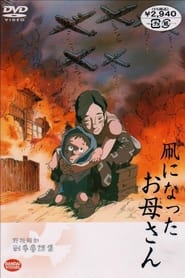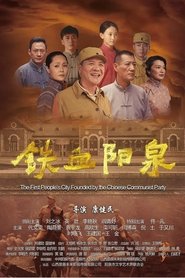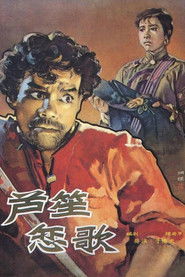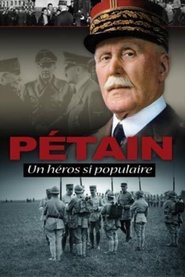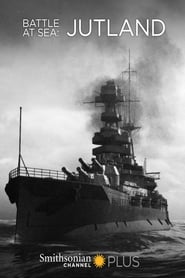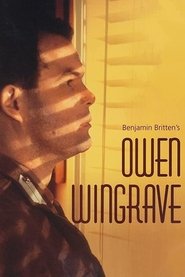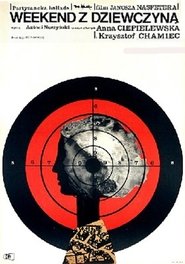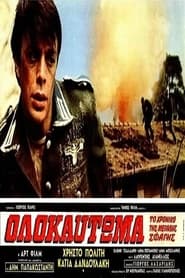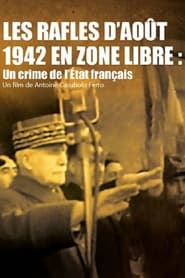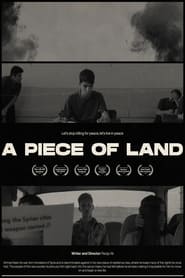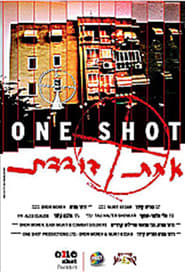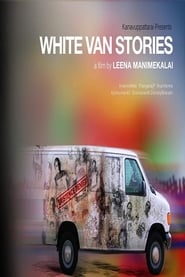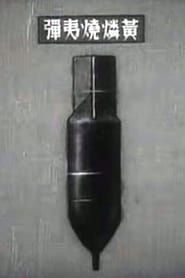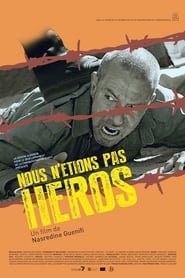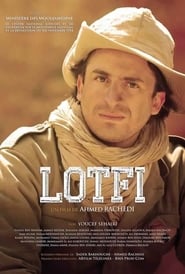Top Rated War Movies on Pantaflix - Page 318
-
Hiva
1998
Hiva
1998
star 3Heeva Akbari after 15 years of the disappearance of her husband Hamid in the war decides to visit the old house she was living there by her husband. -
The Great Artery of Iron and Blood
1998
star 2In the Korean War China and North Korea fought together against the United States. Frontline needs in tens of thousands tons of military supplies every day. Railways has become the most important means of transport. The U.S. Army, unwilling to accept defeat on the battlefield, mobilized a large number of aircraft to bomb indiscriminately along railways, and carried out the so-called "war of attrition". Following the order of Commander Peng Dehuai, Liang Junying, the commander of the Sino-DPRK Joint Railway Transport Command, led the volunteer warriors on the transport front to carry forward the fearless revolutionary spirit, building bridges, repairing railways, and transporting supplies in the "317" section, which was dotted with bombs and mines. This is the real "indestructible and bombable steel transport line". -
The Mother Who Became a Kite
2003
star 6The second film in Shin-Ei's series of annual WWII themed anime television movies for children "Sensou Douwa". -
The First People's City Found By The Chinese Communist Party
2019
star 5With the continuous advancement of artillery fire in 1947, Yangquan was liberated, and the Chinese Communist Party established its own city in ruins, becoming the first people's city created by the leadership of the Chinese Communist Party. The whole film takes the construction of the city as the main line, with the elimination of enemy agents and personal emotions as the secondary line, and narrates the liberation and construction of Yangquan as a reference for other cities across the country. It has shaped the revolutionary heroism of the Communists represented by Ren Gong and Liu Shuihe in the process of building the people's city, and the responsibility of not forgetting the original intention and keeping the mission in mind -
Reed Pipe Canso
1957
-
The Meridian of War
1990
The Meridian of War
1990
star 8During a brutal Japanese offensive, a skirmish leaves only a handful of children and a few soldiers to carry an important command west along the Great Wall. -
Pétain, such a popular hero
2010
star 8On October 24, 1940, Philippe Pétain met Adolf Hitler in Montoire and led the French into collaboration with the Nazis. A black page in the history of France, written by a man whom many then considered a hero: the winner of Verdun. -
Battle at Sea: Jutland
2017
star 6Follow Nicholas Jellicoe to Jutland, Denmark, site of a WWI sea battle that ruined his grandfather's reputation. -
Owen Wingrave
2001
Owen Wingrave
2001
star 5Margaret Williams directs this 2001 production of adaptation of Benjamin Britten's television opera based on a short story by Henry James. Performers featured include Gerald Finley, Peter Savidge and Josephine Barstow. The conductor is Kent Nagano. As pertinent now as then, OWEN WINGRAVE was composed by Benjamin Britten at the height of the Vietnam War. The opera poses the question: Is pacifism an act of cowardice? Or rather a desire to escape from the spiral of war and create world peace? To what extent do we determine our own futures? Should we let past events inform the decisions we make? Britten’s characters grapple with timeless issues in this gripping psychodrama. -
Weekend z dziewczyną
1968
Weekend z dziewczyną
1968
star 7During World War 2 a doctor, patiently waiting for the liberation and unwilling to engage in the struggle against the Nazis is forced at a gunpoint by a Polish Resistance soldier to attend to the members of her squad. -
V horách duní
1946
V horách duní
1946
star 5A war drama about the anti-Nazi resistance in the early spring of the last year of the war. German villains are furiously searching for their opponents, threatening the villagers who helped a downed pilot sent from England. But suspicions are also growing in the Czech environment, as someone has stooped to being an informer. -
Holocaust
1971
-
A Piece of Land
2019
A Piece of Land
2019
star 3Ahmed flees his war-torn homeland of Syria and faces discrimination in Iraq. The people of the new society he joins make it impossible for him to move on and begin a new life. -
One Shot
2004
One Shot
2004
star 10Writer/director Nurit Kedar's film trains a camera on the snipers of the frontline in the Israeli-Palestinian conflict. She goes out on patrol with active units, and interviews marksmen young and old. It can't have been easy to gain the confidence of the Israeli army or the trust of the individuals concerned, but, regrettably, the film isn't particularly illuminating. 'What do you want me to say?' asks one bluff veteran. Shame and defiance rub shoulders. 'I won't be allowed in heaven,' notes one rueful conscript. Occasionally Kedar hits on the madness; the game of it; the sick decorum. They're meant to shoot at the arms and legs of the stone throwers. 'I used to say I was responsible for a lot of legless Palestinians,' proffers a soldier. 'I would never say that now.' -
White Van Stories
2015
White Van Stories
2015
star 6.5White Van Stories is a documentary feature on enforced disappearances following seven characters from the families of the disappeared in North, East and South Provinces of Sri Lanka. -
Kyouryoku Boukuusen
1942
Kyouryoku Boukuusen
1942
star 5Woodland animal citizens learn how to extinguish different types of incendiary bombs and help fight back against an enemy air force of wolves. -
Nous n'étions pas des héros
2017
star 10The city of Lambèse is the scene of torture, both physical and moral, for the resistance fighters of the Algerian War. In the form of a fictional account adapted from the novel "Le camp" by Abdelhamid Benzine, the conditions in the special camps of the colonial army, where we accompany a group of detainees, in their daily life animated by violence are depicted. are former Nazi officers, whose mission is to abandon all resistance, and all ideological faith, through humiliation and drudgery. -
Lotfi
2015
Lotfi
2015
star 10The film relates the career of Colonel Lotfi, whose real name is Benali Boudghene, since his beginnings as an activist in Tlemcen where, with his classmates from high school, he posted the call of 1 November 1954, addressed by National Liberation Front (FLN) to the Algerian people.
 Netflix
Netflix
 Amazon Prime Video
Amazon Prime Video
 Apple iTunes
Apple iTunes
 Apple TV Plus
Apple TV Plus
 Disney Plus
Disney Plus
 Google Play Movies
Google Play Movies
 Paramount Plus
Paramount Plus
 Hulu
Hulu
 HBO Max
HBO Max
 YouTube
YouTube
 fuboTV
fuboTV
 Peacock
Peacock
 Peacock Premium
Peacock Premium
 Amazon Video
Amazon Video
 The Roku Channel
The Roku Channel
 AMC+
AMC+
 Kocowa
Kocowa
 Hoopla
Hoopla
 The CW
The CW
 Vudu
Vudu
 Starz
Starz
 Showtime
Showtime
 PBS
PBS
 Pantaflix
Pantaflix
 FXNow
FXNow
 Tubi TV
Tubi TV
 Kanopy
Kanopy
 Comedy Central
Comedy Central
 Crunchyroll
Crunchyroll
 Microsoft Store
Microsoft Store
 Redbox
Redbox
 Sun Nxt
Sun Nxt
 ABC
ABC
 DIRECTV
DIRECTV
 Crackle
Crackle
 Fandor
Fandor
 Plex
Plex
